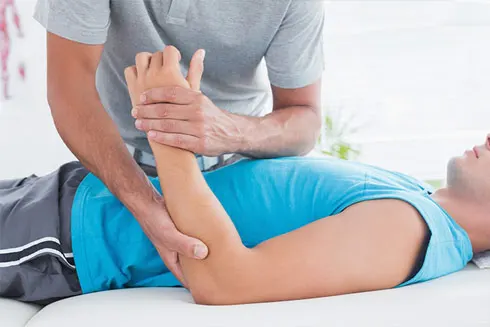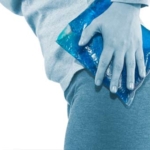Our society is gradually becoming more aware that concussion is a common injury among people who play full-contact sports or other take part in other activities.
It’s important to not only prevent concussions but also to learn how to treat concussions properly, since this brain injury can lead to devastating, life-long disabilities. While chiropractors can help treat concussions, much of the treatment options depend on home remedies and education.
What is a concussion?
A concussion can be caused by any bump to the head such as a fall, a motor vehicle collision, or sports injury. Even rapid, repeated rapid movement of the head can cause concussion.
How can you tell if you have a concussion?
Common symptoms of a concussion include:
- Confusion
- Headache
- Balance problems or dizziness
- Having trouble speaking – slow speech
- Nausea or vomiting
- Blurred vision
- Loss of short-term memory
Call 911 if…
If you have any of the following symptoms, be sure to call 911 immediately:
- Severe head trauma, resulting bleeding or laceration
- Loss of consciousness or delayed loss of consciousness
- Vomiting more than once
- Confusion that does not go away
- Extreme drowsiness, weakness, inability to walk
- Severe headache
- Loss of memory of the event
- Seizures or convulsions
- Slurred speech
Treating a Concussion
How quickly a person improves depends on many factors, including the severity of the concussion, a person’s age, how healthy they were before the concussion, and how they take care of themselves after the injury.
Be sure to avoid:
- Activities that are physically demanding, require concentration
- Situations that are mentally or emotionally stressful
- Multitasking
- Activities, such as recreational sports, that could lead to another concussion
- Alcohol and other drugs which can slow recovery and put you at risk of further injury
How to Speed Recovery from Concussion: Get Plenty of Rest
Recovery takes times. It’s important to get plenty of sleep at night and rest during the day.
Keep a notebook handy and write down things that are harder than usual to remember, consult with family members or close friends when making important decisions, and avoid sustained computer use, including video games and texting.
While it may be frustrating, take time to return to your normal activities gradually
Consult with Your Healthcare Practitioner
Only when the symptoms have reduced significantly, in consultation with your health care practitioner, should you slowly and gradually return to your daily activities. If your symptoms come back or you get new symptoms as you become more active, this is a sign that you are pushing yourself too hard. Stop all activities and take more time to rest and recover.
Concussions are cumulative, and each time you have a concussion it becomes easier to get another concussion in the future. Repeated concussions can have serious long-term problems, including chronic difficulty with concentration, memory, headache, and physical ability, such as keeping one’s balance.



